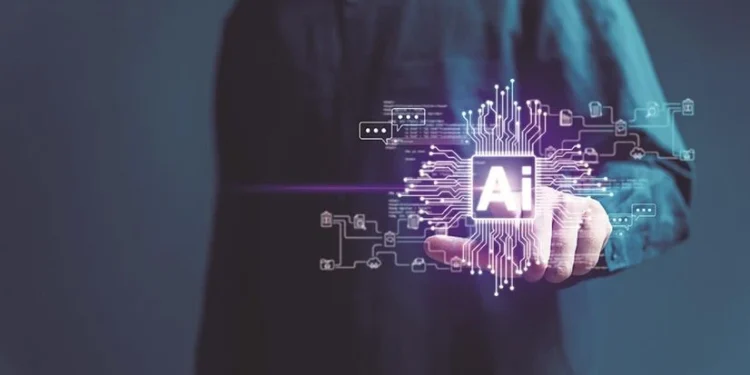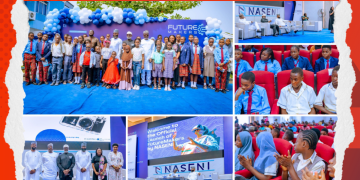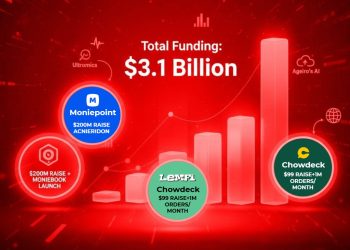Major telecom operators across Africa just partnered to create AI systems that actually understand the continent’s 2,000+ languages. The initiative could transform how millions of Africans interact with technology.
The GSMA announced this week that mobile network powerhouses, including MTN, Orange, Vodacom, and Airte,l are joining forces with African AI companies to develop language models trained specifically on local data and African languages.
Mobile Operators Drive Africa’s AI Independence
Current AI systems barely support African languages. Most large language models focus on a handful of global languages, leaving billions of people without proper AI access in their native tongues.
The partnership brings together 14 organizations, including research centers, AI startups, and telecom giants. They call their mission “AI Language Models in Africa, By Africa, For Africa.”
Angela Wamola, GSMA’s Head of Africa, explained the urgency: “Africa’s diversity of languages and cultures is one of our greatest strengths, yet it has been overlooked in global AI development. This initiative turns that challenge into an opportunity.”
Four Core Areas Target Digital Gaps
The alliance identified four critical areas that need immediate attention:
- Data Infrastructure: Building comprehensive datasets in African languages that can train AI models effectively.
- Computing Power: Establishing the technical infrastructure needed to process and develop these advanced language models.
- Local Talent: Training African developers, researchers, and AI specialists to lead these projects.
- Policy Framework: Working with governments to create supportive regulations for AI development.
Each area will have dedicated working groups with clear targets and regular progress reports at GSMA events.
Real-World Applications Across Industries
These African-trained AI models won’t just be technical achievements. They’re designed to power practical applications that serve local communities.
Customer service systems will handle inquiries in Swahili, Yoruba, or Amharic. Educational platforms will teach students in their mother tongues. Healthcare applications will help doctors communicate with patients more effectively.
The creative industries could see major benefits too, with AI tools that understand cultural context and local storytelling traditions.
Telecom Companies Lead Technical Infrastructure
Mobile operators bring unique advantages to this challenge. Their existing network infrastructure across Africa provides the foundation for AI deployment at scale.
MTN, Orange, Vodacom, Airtel, Ethio Telecom, and Axian Telecom collectively serve hundreds of millions of customers. Their participation ensures these AI models can reach users through existing mobile services.
The operators also understand local market needs and regulatory environments across different African countries.
Research partners include the African Population for Health Research Center, Masakhane African Languages Hub, and Lelapa AI. Tech companies like Cassava Technologies and Pawa AI bring specialized AI development expertise.
Timeline and Expansion Plans
The initiative was launched at MWC Kigali 2025, with working groups beginning immediate operations. Partners committed to sharing progress updates at future GSMA events, ensuring transparency and accountability.
The collaboration remains open to additional partners. Startups, universities, civil society organizations, and international technology companies can join the effort.
This approach plans to build digital sovereignty for Africa while contributing to global AI development. Rather than simply adapting foreign AI systems, African teams will create solutions from the ground up.
Economic Impact Potential
Mobile operators see significant business opportunities in locally-relevant AI services. As data usage grows and enterprises adopt AI tools, telecom companies can position themselves as enablers of AI-driven innovation.
The alliance expects these language models to unlock economic potential across multiple sectors. Financial services, agriculture, education, and healthcare could all benefit from AI systems that understand local contexts.
Early applications will likely focus on customer service improvements and basic language processing tasks. More sophisticated uses will develop as the models mature and training data expands.
















